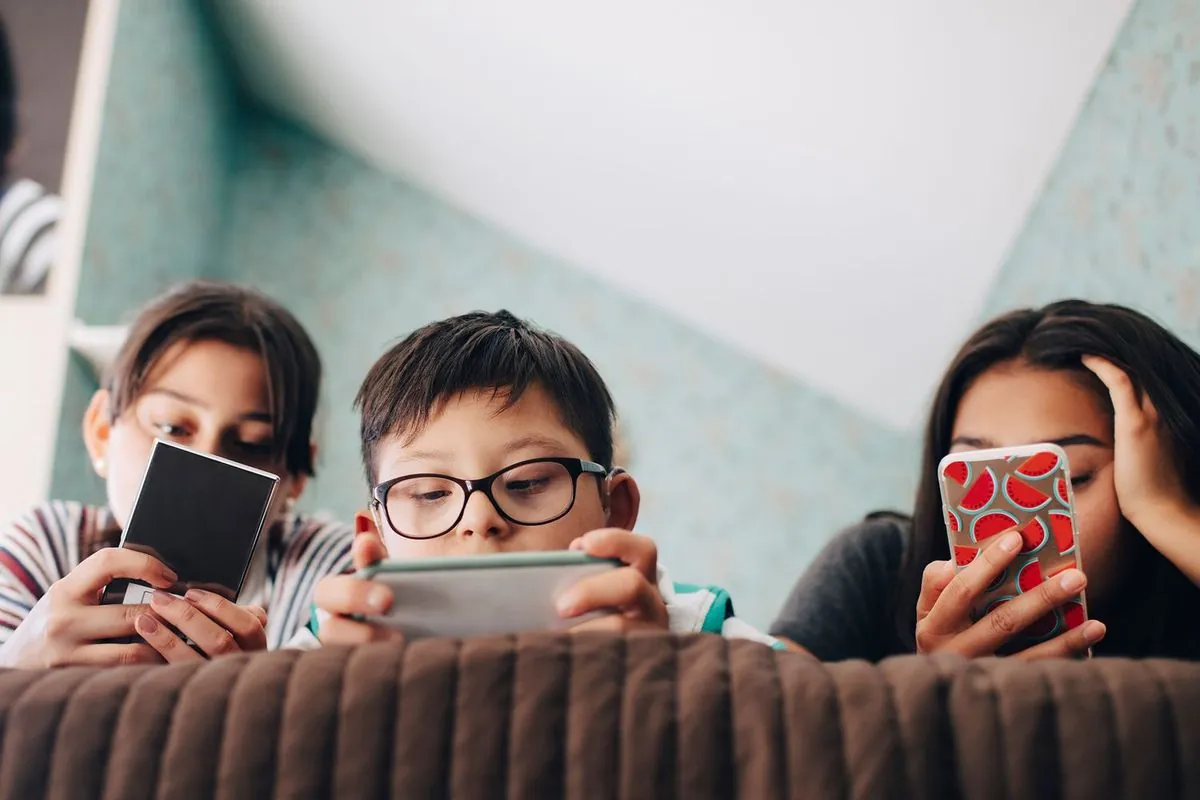Sweden Leads Charge in Limiting Screen Time for Young Children
Sweden's health agency recommends zero screen time for under-2s, joining global efforts to curb digital exposure. The move sparks debate on technology's impact on child development and mental health.

Sweden's public health agency has recently issued new guidelines recommending no screen time for children under two years old. This move aligns with a growing global trend to limit young children's exposure to digital devices.
The recommendations, released in September 2024, outline age-specific screen time limits:
- Under 2 years: No screen time
- 2-5 years: Maximum 1 hour daily
- 6-12 years: Maximum 2 hours daily
- Teenagers: Maximum 3 hours daily
These guidelines stem from research indicating negative effects of excessive screen use on children's sleep, mental health, and physical activity. Sweden, known for its progressive policies on work-life balance and high internet penetration rate of over 98%, is taking a proactive stance on this issue.

Other nations have implemented similar measures. France has the strictest policy, advising no screen time for children under three. The United States, Ireland, Canada, and Australia have also issued comparable guidelines, though some allow video calls with family for babies and toddlers.
"No screen time for children under 1 year old."
The global concern over screen time has intensified since the COVID-19 pandemic, which saw an increase in device usage for remote learning and entertainment. This shift highlighted the need for balanced digital consumption, especially for young children.
A 2023 UNESCO report emphasized that while digital technology can enhance education, it may come at the cost of real-life socialization and learning experiences. Additionally, a study published in JAMA Pediatrics in 2023 suggested a potential link between early screen time and developmental delays in communication and problem-solving skills.
In the United States, many schools have implemented cellphone bans, using pouches, lockers, and bins to enforce these rules. However, these measures face challenges, including student resistance and parental concerns about emergency communication.
The tech industry is also under scrutiny. In fall 2023, several U.S. states sued Meta Platforms Inc., alleging that Instagram and Facebook contribute to the youth mental health crisis. In January 2024, CEOs of major social media companies testified before the Senate Judiciary Committee regarding their platforms' impact on young users.
Sweden's public health agency has called on tech companies to modify their algorithms to prevent children from excessive "doom-scrolling" or exposure to harmful content. This aligns with Sweden's strong tradition of outdoor education, known as "friluftsliv," which promotes a balanced lifestyle.
As the debate continues, it's clear that finding a balance between technological advancement and child well-being remains a global challenge. Sweden's latest recommendations serve as a significant step in addressing this complex issue.


































